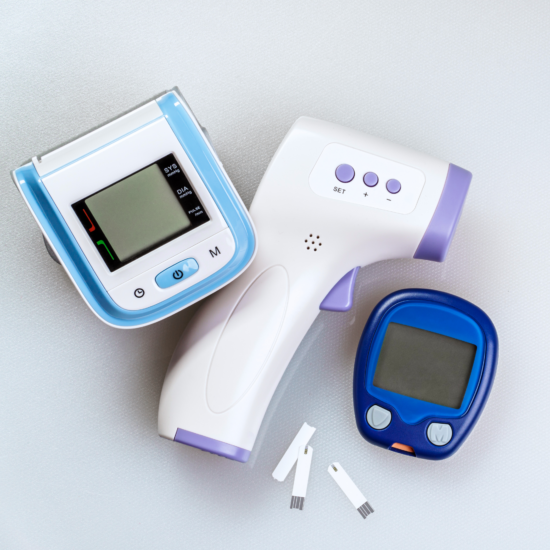FDA’s QMSR Recognising ISO 13485:2016: A New Era for MDR
Published Jul 25, 2024
Published 21st November 2023

The first reading took place on the 14th of September 2023 along with a referral to associated committees. On the 3rd of October 2023, the European Parliament committee drafted a Rapporteurs report on the proposed new legislation which includes a new regulation and a new directive. The new regulation is published here. The new directive is published here. Following input from both member state regulators and various stakeholder organisations, this first reading will be subject to further debate. This is planned within the next month with the Committee for Environment, Public Health and Food Safety (ENVI).
The rapporteur has proposed some notable changes. These include the removal of the regulatory sandbox and antimicrobial voucher scheme alongside some amendments to the orphan market exclusivity.
Within the amendments to the new regulation the Rapporteur has proposed the removal of the regulatory sandbox. The Rapporteurs felt it was an additional unnecessary framework which could provide a window for circumventing the rules and obligations.
In addition, the proposed initiative of the transferable voucher scheme to combat antimicrobial resistance was not considered sufficient to incentivise the supply of priority antimicrobial medicines. To replace this, The Rapporteur proposes to establish a European Medicines Facility (EMF) to drive health priorities of public interest. This would include priority antimicrobials and products addressing high unmet need. This will be complemented with push-pull incentives including market entry rewards and a play or pay system with a levy on sales of existing products where there is no investment in priority medicines.
The Rapporteur felt that the reduction of core market exclusivity for orphans to 9 years was not sufficient. The Rapporteur proposed this to be reduced to 8 years but maintaining the additional conditional market exclusivity periods proposed.
A tighter definition for the high unmet need requires a substantial rather than meaningful, reduction in disease morbidity and mortality. Although the directive amendments introduce progressive diseases into the definition of unmet need.
Other changes proposed in the new regulation were enhancement of the data transparency obligations, reinstating the requirements for licence renewals and more power to implement penalties on companies for non-compliance with the new Regulation.
The proposed amendments for the new directive were to enhance innovation through the regulatory data protection periods. In contrast to the proposal where the standard regulatory protection period was
reduced to 6 years the first reading is proposing an increase to 9 years to incentivise innovation. It is expected that this will be open to much further debate as member states that favour faster access to generics are balanced with the need to attract new innovative medicines to the EU market.
Alongside the above protection, the Rapporteur felt the proposed additional 2 years (3 years for SMEs) for launching the medicine in all member states, would hinder innovation with the reliance on individual member state processes for pricing and reimbursement. Therefore the Rapporteur proposes to balance the need for supply across the EU by placing an obligation to submit pricing and reimbursement applications within 2 years (4 years for SME).
Within the report, there was a further enhancement to reward paediatric development. It specifically recognises products developed for a different indication in children than adults with an extra year extension to the Supplementary Protection Certificate.
Environmental Risk Assessment was a key topic for consideration and the measures to increase the obligations have been welcomed. However, in case of serious environmental risk, this should be evaluated against the benefits to patients and public health with a decision on whether to suspend or revoke authorisation.
These proposed amendments to the draft regulation and directive are the Rapporteur’s assessment following consultation with various stakeholders. They will be subject to further meetings and negotiations before being put to vote. There will be a need to balance the divergent views across member states, particularly concerning access to affordable medicines vs promoting innovation. DLRC will continue to follow progress on the discussions to ensure we can advise our clients on the potential opportunities and threats in future legislative changes.
DLRC has extensive global regulatory experience and expertise. To find out how we can support your regulatory goals, email our team at hello@dlrcgroup.com or use the link below.

Published Jul 25, 2024

Published Jul 24, 2024

Published Jul 23, 2024

Published Jul 19, 2024

Published Jul 18, 2024

Published Jul 01, 2024

Published Jul 01, 2024

Published Jun 27, 2024

Published Jun 26, 2024